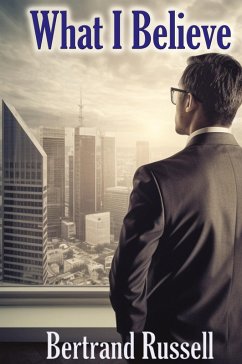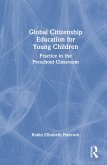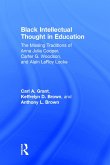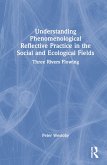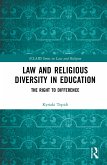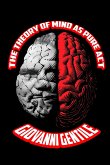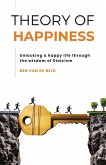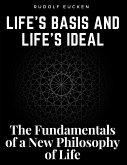What I Believe by Bertrand Russell is a thought-provoking essay that delves into the personal beliefs and philosophical outlook of one of the 20th century's most influential thinkers. In this work, Russell articulates his views on a range of topics, including religion, ethics, and the meaning of life, with his characteristic clarity and wit. Russell begins by addressing the nature of belief itself, emphasizing the importance of evidence and reason in forming convictions. He then critiques organized religion, arguing for a secular approach to morality and human well-being. Throughout the essay, Russell champions the values of intellectual honesty, individual freedom, and the pursuit of knowledge. "What I Believe is not just a manifesto of Russell's personal philosophy but also a call to embrace a rational and compassionate worldview. It encourages readers to question dogmas, seek truth, and live life with a sense of purpose and joy. Whether you're a seasoned philosopher or simply curious about the big questions of existence, this essay offers a compelling and accessible exploration of what it means to live a good life.
Hinweis: Dieser Artikel kann nur an eine deutsche Lieferadresse ausgeliefert werden.
Hinweis: Dieser Artikel kann nur an eine deutsche Lieferadresse ausgeliefert werden.
'Bertrand Russell wrote the best English prose of any twentieth-century philosopher.' - Anthony Howard, The Times
'Bertrand Russell attributed religion to a primitive terror of the unknown and the desire for a kindly older brother to stand alongside us.' - The Age
'Bertrand Russell attributed religion to a primitive terror of the unknown and the desire for a kindly older brother to stand alongside us.' - The Age
'Bertrand Russell wrote the best English prose of any twentieth-century philosopher.' - Anthony Howard, The Times
'Bertrand Russell attributed religion to a primitive terror of the unknown and the desire for a kindly older brother to stand alongside us.' - The Age
'Bertrand Russell attributed religion to a primitive terror of the unknown and the desire for a kindly older brother to stand alongside us.' - The Age

